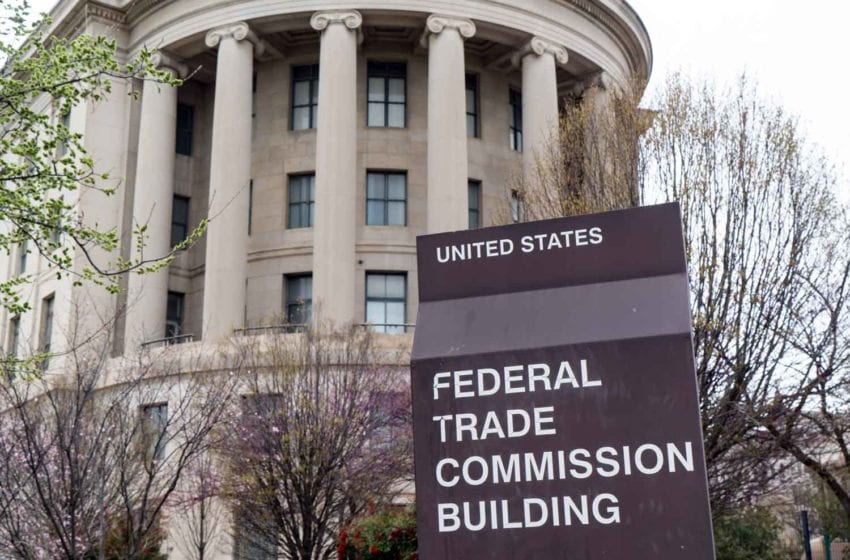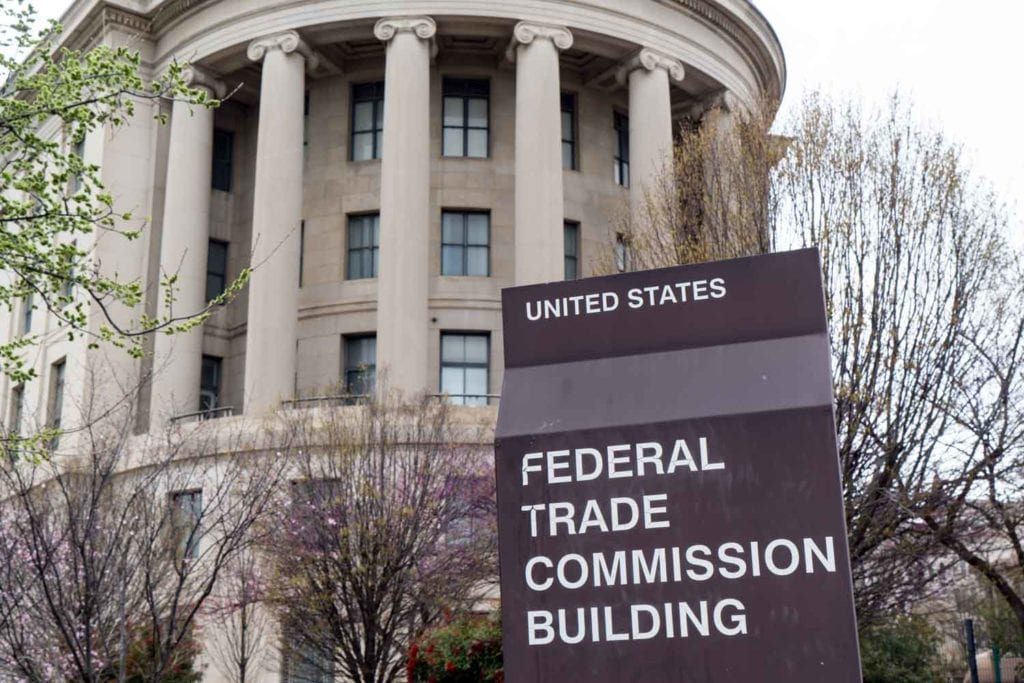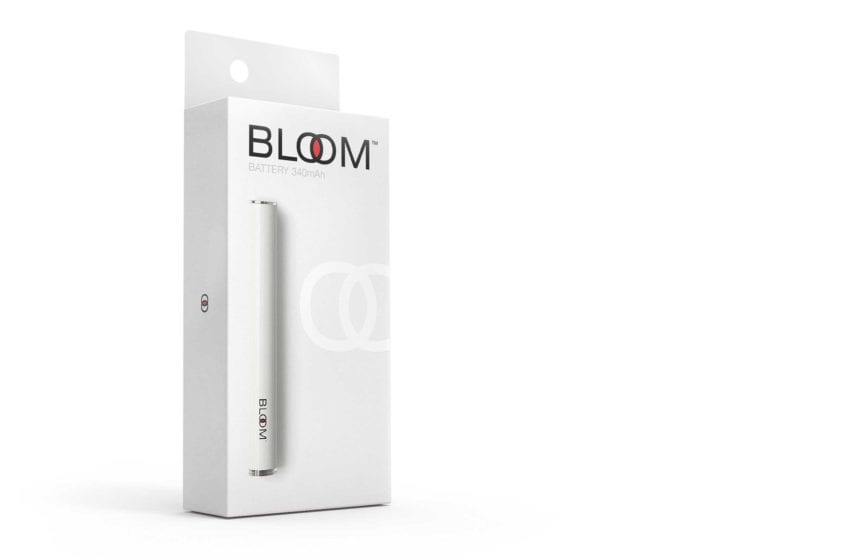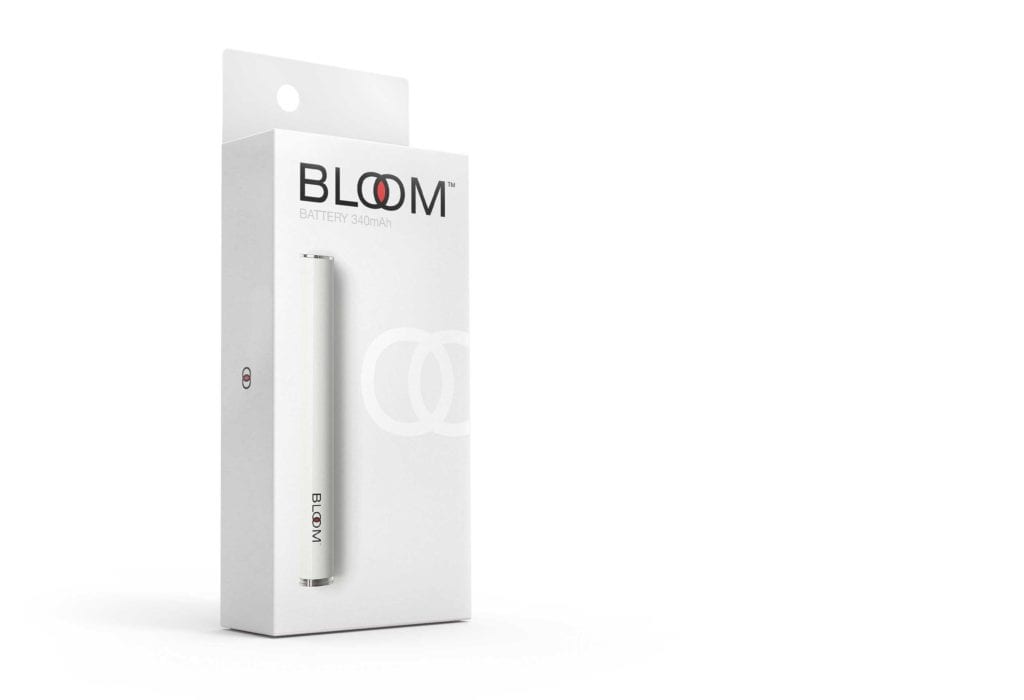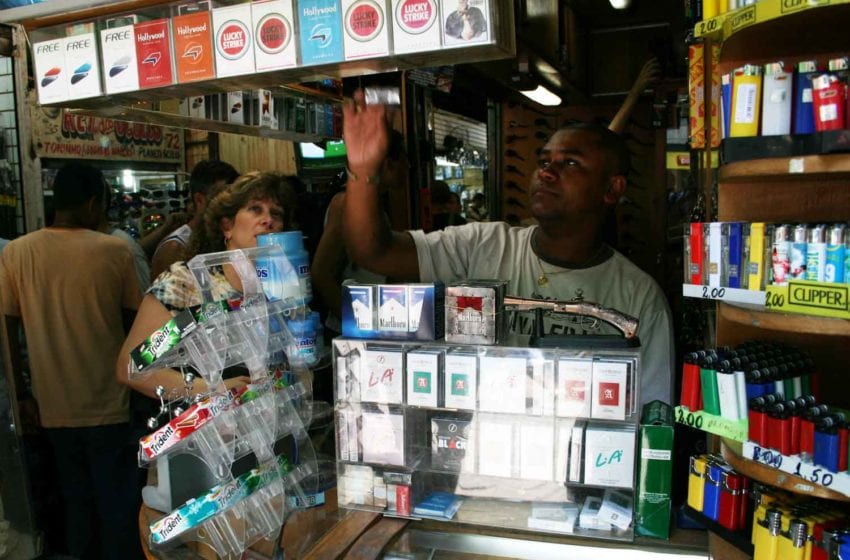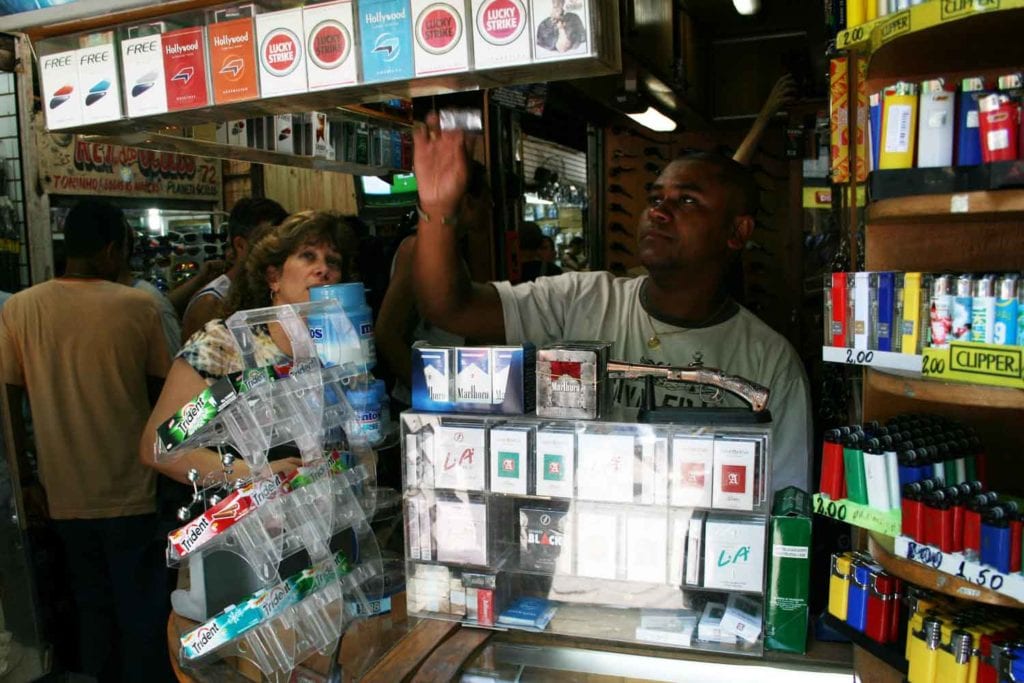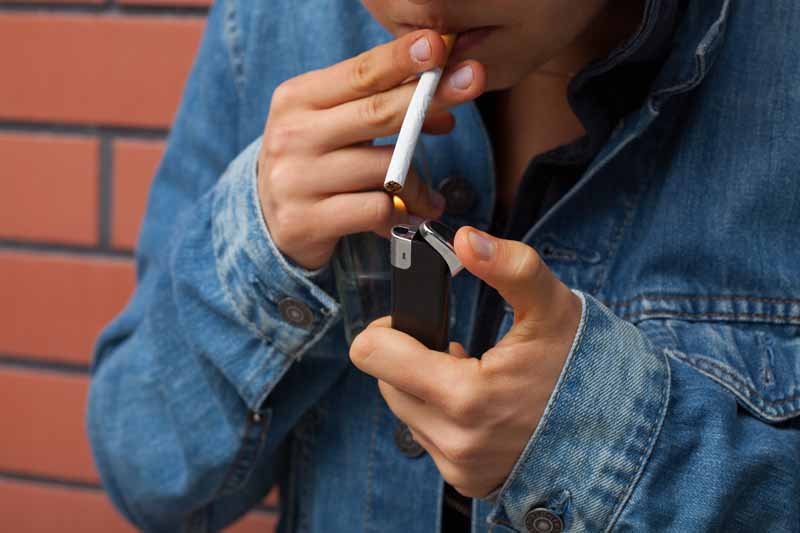
Thin-film expert Leonhard Kurz has won third main prize in the Bavarian Innovation Prize for its IMD Varioform with functional in-mold labeling process. This technology allows touch sensors to be deformed in three dimensions, injected with plastic and integrated into geometrically sophisticated and decorated components.
The process was developed to produce plastic parts with extreme 3D geometry, for example, heavily bent, domed or curved shapes. Based on the proven in-mold decoration technology, Kurz was able to effectively combine the previously successive processes of decoration, single-image illumination and capacitive sensor integration into a 3D-shaped HMI component and combine them in a single manufacturing step.
In 2020, the Bavarian Innovation Prize was awarded for the fifth time by the Bavarian State Ministry for Economic Affairs, Regional Development and Energy, the Bavarian Chamber of Commerce and Industry and the Bavarian Chambers of Trades and Crafts Association. It honors outstanding innovation drivers of the Bavarian economy.





